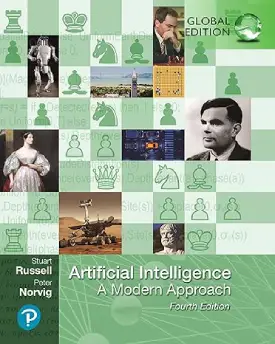What is Docker? Understanding Docker and Containers
What is Docker?
Docker is a platform for developing, shipping, and running applications. It provides a way to package software into standardised units called containers, which include everything needed to run an application: code, runtime, system tools, libraries, and settings. Containers are lightweight and portable, allowing applications to run consistently across different environments, such as development, testing, and production.
What are containers?
Containers are a form of lightweight virtualisation that allow you to package an application and its dependencies together in a single unit. These packages, known as containers, contain everything needed to run the application: the code, runtime, system libraries, and settings. Unlike traditional virtual machines, which virtualize the entire operating system, containers virtualise at the operating system level, sharing the host system’s kernel and resources.
Characteristics of containers
- Isolation
- Portability
- Lightweight
- Scalability
- Flexibility
- Resource Efficiency
Why use Docker?
Docker provides a consistent, efficient, and portable platform for developing, shipping, and running applications, making it an essential tool in modern software development and deployment workflows. Let’s dive into each advantage separately.
Consistency
Docker containers encapsulate the entire runtime environment, including the application code, dependencies, libraries, and configuration. This ensures consistency across different environments, such as development, testing, and production, reducing the risk of “it works on my machine” issues.
Isolation
Docker containers provide lightweight, isolated environments for running applications. Each container operates independently of the host system and other containers, minimizing conflicts between applications and improving security.
Portability
Docker containers can run on any system that supports Docker, including laptops, servers, virtual machines, and cloud platforms. This makes it easy to deploy applications across different infrastructure environments without modification.
Efficiency
Docker containers share the host system’s kernel, which reduces overhead compared to traditional virtual machines. Containers start quickly and consume fewer resources, making them more efficient for running multiple applications on the same host.
Scalability
Docker’s lightweight nature and portability make it well-suited for scaling applications horizontally and vertically. Containers can be easily replicated and deployed across multiple hosts or orchestrated using container management tools like Kubernetes.
DevOps Integration
Docker integrates seamlessly with DevOps practices and tools, enabling continuous integration, delivery, and deployment (CI/CD) workflows. Developers can package applications into Docker containers, which are then tested, deployed, and managed using automated pipelines.
Dependency Management
The platform simplifies dependency management by encapsulating dependencies within containers. Developers can specify dependencies in Dockerfiles, ensuring consistent builds and deployments across different environments.
Microservices Architecture
Docker is well-suited for building and deploying microservices-based architectures, where applications are composed of small, independently deployable services. Each microservice can be packaged into a separate container, making it easier to manage and scale individual components of the application.






